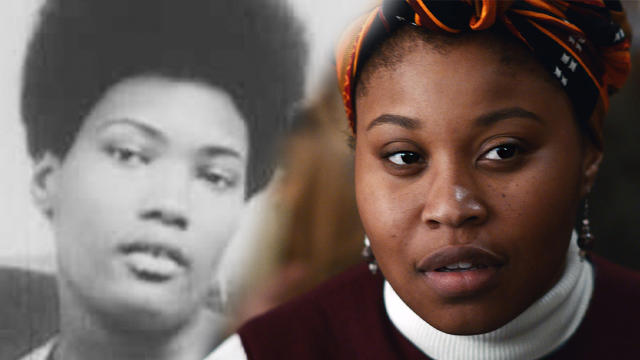Sarah Al-Arshani
Sat, March 13, 2021,

Michael Flynn, President Donald Trump's former national security adviser, leaves the federal court with his lawyer Sidney Powell, left, following a status conference with Judge Emmet Sullivan, in Washington, Tuesday, Sept. 10, 2019. AP Photo/Manuel Balce Ceneta
The Army is reviewing a watchdog report on money Michael Flynn earned from foreign governments.
The report is from a delayed Department of Defense investigation which was launched in 2017.
The investigation was paused because of the probe into Russian interference in the 2016 election.
The US Army is reviewing an internal watchdog report from the Department of Defense into former national security advisor Michael Flynn, The Washington Post reported.
In April 2017, the Pentagon launched an investigation into money Flynn received from Russian and Turkish interests after his retirement but before he joined former President Donald Trump's administration.
In December 2017, Flynn pleaded guilty to one count of lying to investigators as part of the Federal Bureau of Investigation's probe into Russian interference in the 2016 presidential election.
Flynn admitted that he misled investigators in a January 2017 interview about his communications with Russia's then-ambassador to the US, Sergey Kislyak.
He was initially cooperative with the FBI, but in 2019, he reversed course, fired his entire defense team, and hired Sidney Powell as his lawyer. In January 2020, Flynn tried to retract his guilty plea.
Trump pardoned Flynn last November.
CNN reported that then-special counsel Robert Mueller's probe investigation into the 2016 election had put the DoD's investigation into Flynn on hold.
The DoD Inspector General's office did not reply to Insider's email request for comment at the time of publication.
DoD spokeswoman Dwrena Allen told CNN that following Flynn's pardon, they were granted permission from the Department of Justice to resume the investigation, which was completed on January 27, 2021.
The investigation looked into whether or not Flynn violated the Constitution's emoluments clause, which stipulates that officials such as retired military members can't accept money or gifts from foreign governments.
The Post reported that the payments from Russia were from 2015, when Flynn was paid $45,000 for appearing next to Russian President Vladimir Putin at a gala dinner for the state-controlled outlet RT. His company, Flynn Intel Group, was also paid $530,000 by a Netherlands-based company, Inovo BV, in 2016. The company was founded by a Turkish businessman and lobbies on behalf of Turkey.
In 2017, the DoD said that Flynn did not seek permission to work as a foreign agent on behalf of Turkey.
The results of the report could mean, Flynn, who retired from the Army as a three-star general in 2014, could face tens of thousands of dollars in penalties.


















